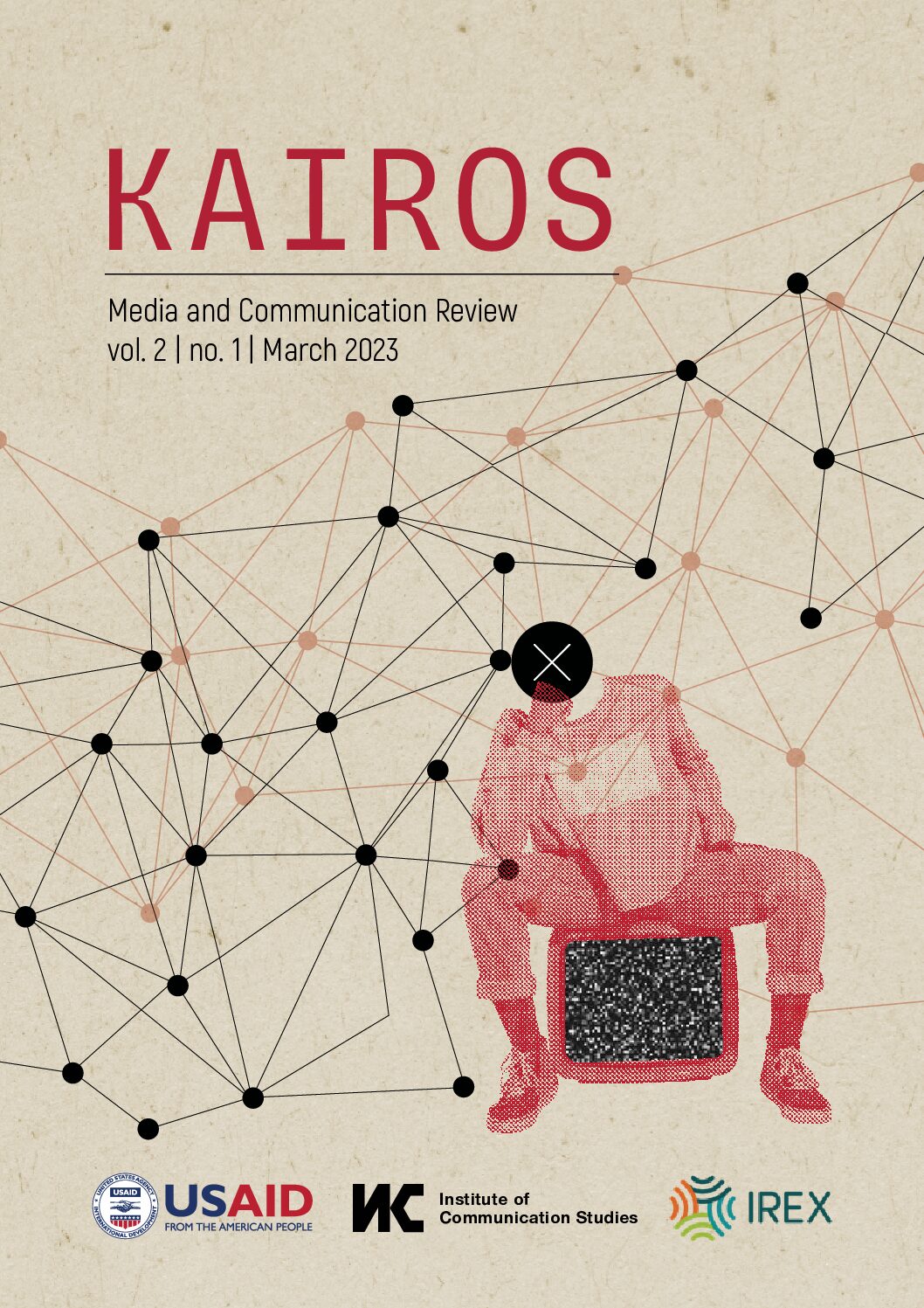IMPLEMENTATION OF MEDIA LITERACY IN PRIMARY SCHOOL CLASSES – A NEW MODEL OF EDUCATION
IMPLEMENTATION OF MEDIA LITERACY IN PRIMARY SCHOOL CLASSES – A NEW MODEL OF EDUCATION
Author(s): Violeta Stevanovska, Gabriela Durcevska Georgieva, Gordana AnastasovaSubject(s): Media studies, Communication studies, Theory of Communication, School education, Sociology of Education
Published by: Institut komunikaciskiih studija
Keywords: media literacy; primary school education; critical thinking; change; teaching process
Summary/Abstract: The modern way of life, rapid changes, and modern lifestyles impose the need to implement changes in education as well. The changes start first with the youngest students (primary grades) through a change in their awareness and way of thinking. We cannot ignore the fact that every student has free access to all information through their smart devices, but the art of teachers, as well as the challenge of today’s living, is how to make students literate in the area of media literacy and use all that technology in the direction of the progress of the teaching process. Contents, forms, methods, and strategies of work are needed that will increase students’ motivation for learning and acquiring permanent knowledge, which is the basis for raising the level of critical thinking. The meaning of media literacy is theoretically explained in this paper and supported by empirical data obtained through a survey of a target group - primary school teachers from I-V grade. This paper deals with the issue of the implementation of media literacy and its impact on developing critical thinking among students. Through empirical research on the opinion of primary school teachers in Macedonia. This data is the basis for creating a proposed model of education for media literacy that encourages positive changes in teaching and society in general.
Journal: KAIROS: Media and Communications Review
- Issue Year: 2/2023
- Issue No: 1
- Page Range: 70-79
- Page Count: 10
- Language: English

